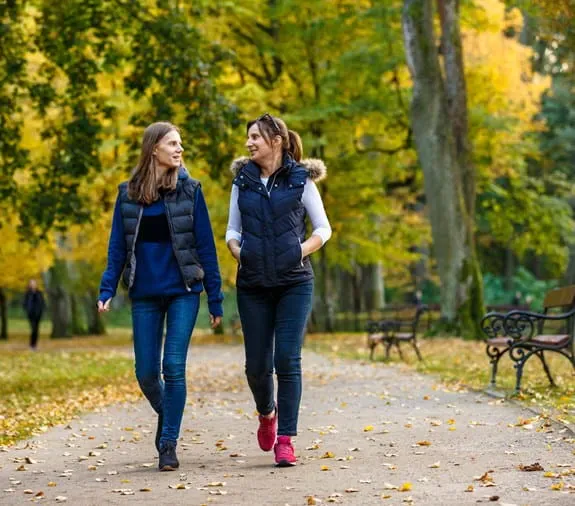Rural and remote communities
Around 6 million people in Canada live in rural and remote areas. This makes up about 16% of the population. The rates of certain types of cancer are lower in these areas compared to cities, but people in rural and remote areas are more likely to die from cancer.
Living in a rural or remote place can affect different parts of a person’s life, like income, environment and job opportunities, which can lead to worse health outcomes. People with cancer and their caregivers in these areas often do not get enough support and information, and they tend to have worse health results and survival rates.
No one should face a cancer diagnosis alone or lack access to the information and care they need. But for people from rural and remote communities and their loved ones, there can be unique challenges and barriers that make a cancer experience more difficult than it needs to be. The Canadian Cancer Society (CCS) acknowledges its responsibility to provide cancer information, support and practical services to rural and remote communities, as well as advocate for healthy public policy and fund research focused on advancing health equity.
What is a rural or remote community in Canada?
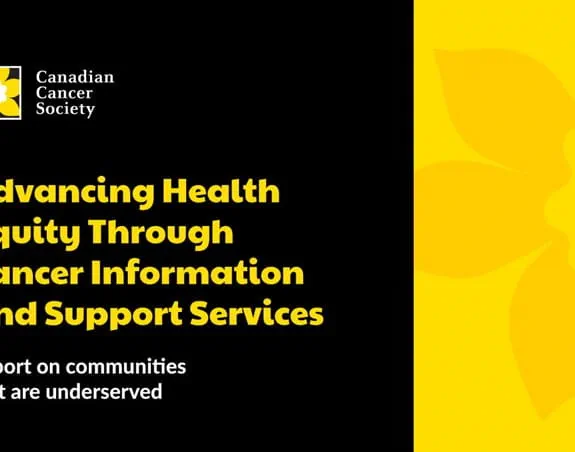
CCS has released Advancing Health Equity Through Cancer Information and Support Services: Report on communities that are underserved. The report describes the gaps, barriers and challenges faced by 10 identified underserved communities, including rural and remote communities. It offers insight on how to better engage with and improve supports for these communities who, like all people in Canada, deserve access to cancer care.

Our programs and services
All CCS staff are offered diversity, inclusion, belonging and equity training. This training helps us ensure that our physical spaces like lodges, camps and vehicles, as well as our services over the phone, chat and email, are safe, welcoming and inclusive.
Our cancer information, support and practical programs are for everyone in Canada, but here are ways that they support people living in rural and remote communities in particular.
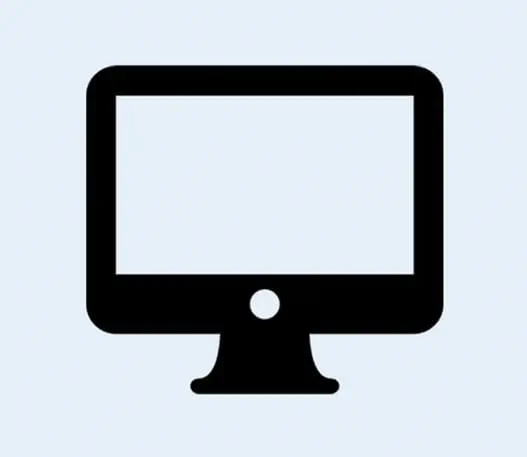
Cancer information
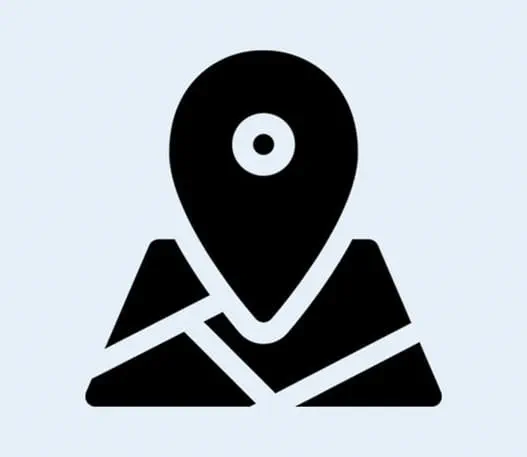
Community Services Locator
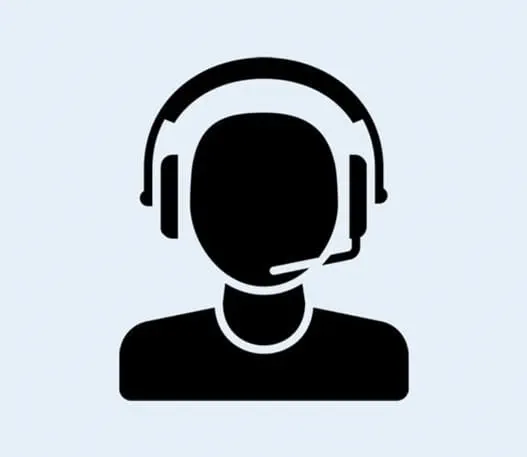
Cancer Information Helpline
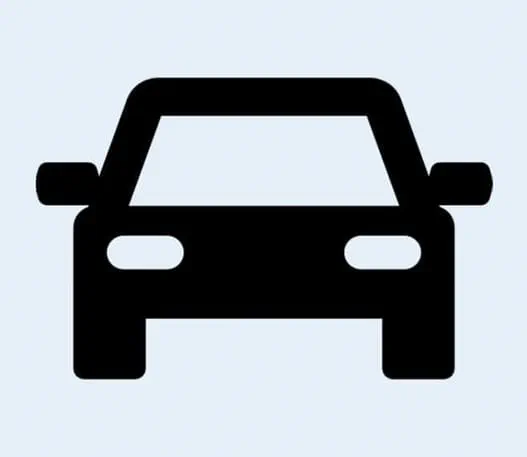
Wheels of Hope
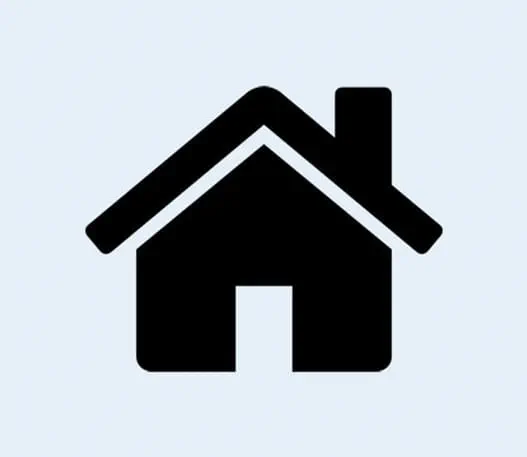
Accommodations
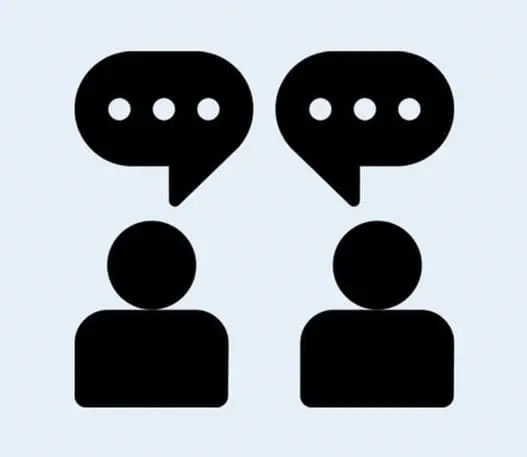
Online cancer support community
The trip that saved my life
While on a graduation trip with her classmates, Debra found out she had a brain tumour. Hear about her experience having treatment away from her home in the far north and how she feels about travelling back and forth for follow-up tests. Listening to her niece sing is one thing that brightens her day.
Courage
After finding a lump in her breast on her 56th birthday, Kim was diagnosed with breast cancer. She shares about struggling emotionally and how she found her courage. Watch her ring the bell!
